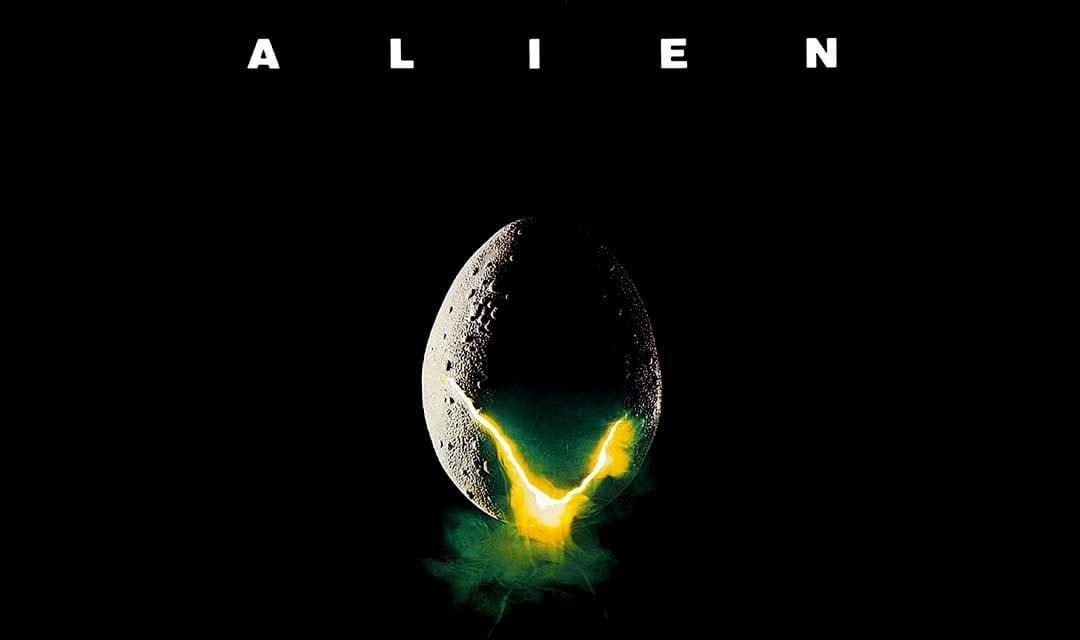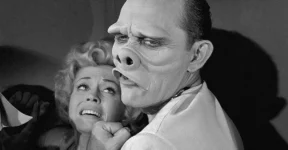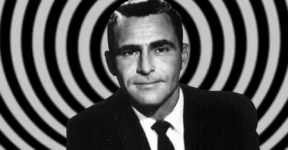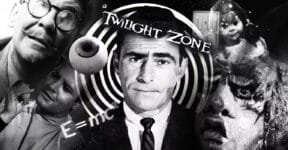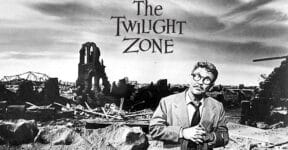Do you remember the very first episode of the original anthology series The Twilight Zone? Aptly titled “Where Is Everybody?” it opens with Sergeant Mike Ferris depicted as being completely alone in an abandoned town despite some obvious signs of civilization, like the still hot coffee in the pot on the stove, a playing jukebox, half-smoked cigar on a desk at a police station, running pictures in cinema, and so on. At the end, it’s revealed that Sergeant Ferris, who can’t remember his own name, is actually inside an isolation booth being observed by a group of men in uniforms. In fact, he has been there for a little over 20 days as part of a simulation of a planned prolonged trip to the Moon. The town was nothing more than a hallucination triggered by sensory deprivation. The sergeant eventually collapses because of a mental breakdown after a prolonged and extreme state of loneliness, and is immediately rescued by the observers.

For sure, “Where Is Everybody” isn’t exactly as frightening as the sci-fi horror films 1979 produced like The Inquest of Pilot Pirx and Alien, but the general theme of being isolated from human civilization runs through the veins of all three.
With sci-fi horror, very few films can match the bombastic fear of getting terrorized by an extraterrestrial monster and the intense feeling of being cut off from the world, in the same way as Ridley Scott’s Alien does. While much of the film gives us the same-old horrifying creatures within a slasher-like convention, the whole Ellen Ripley vs. Xenomorph hunt-or-be-hunted stuff remains one of the most memorable sci-fi horror action sequences in the genre’s history. And it’s not just the killing itself that’s terrifying–the fact that everything happens on a spaceship, isolated from the world, encapsulates the terror even better.
The outer space is always associated with the unknown; a dark and mysterious vastness ripe for exploration. Humans have sent advanced spaceships on ambitious missions of discovery toward moons and planets millions of miles away from Earth. But outer space also is the embodiment of loneliness and isolation at the same time. The lack of gravity, being unable to hear what happens outside the cocoon of the spaceship, the constantly demanding task of resource and waste management, and the realization that help is often out of reach makes life in space an almost impossible proposition. Sci-fi films, especially space horror, exploit all those challenging bits to build their premise. Many times, filmmakers add to the story some extra elements, like alien encounters and mental breakdown, to frighten you to the core.
A spaceship is a magnificent piece of engineering, but then again you can’t help but realize that sometimes it is helplessly fragile when exposed to an environment of no atmosphere where a single small pebble travelling at sufficiently high speed can penetrate through the hull and destroy important flight systems or life support devices. The crew might do repairs for light damages, but for anything serious, the nearest help might be weeks, if not months away. In the worst case scenario, the crew might choose to detach the damaged section and move into the intact ones, or use the lifeboats, if they’re not damaged as well.
Now throw in the presence of a rogue AI or a hostile extraterrestrial species that you have never seen before. Even worse, the species is trying to use the crew for breeding. You can’t go outside the ship and just run away because that will also kill you, and you can’t expect any assistance from Earth to come quickly. Everybody else has died, and many parts of the spaceship are now damaged beyond repair because the alien is powerful enough to punch through steel doors and melt the electronics. And now you’re really alone, isolated from the world while a vicious monster is trying to implant a parasite, not medically, into your body.
No other human being is within months of your location, but then again, distance isn’t really the issue because you can’t contact anyone anyway because an alien is hellbent on killing you. Your best bet is to try to kill the alien first with everything you have. The big idea of Ridley Scott’s Alien is about the crew of a spaceship getting stuck in an enclosed environment with a killer alien, with very little chance of other people rushing to help.
Besides Alien, other sci-fi horror films that go big with this isolation theme include:
- Inquest of Pilot Pirx (1979): A spaceship pilot finds himself involved in a mission to evaluate the possibilities of using advanced androids for future space missions.
- Event Horizon (1997): a rescue mission travels far into the orbit of Neptune to investigate the reappearance of a starship believed to have been lost in deep space years earlier.
- Moon (2009): a communication problem forces Sam Bell to deal with complete loneliness on the Moon, apart from the companion of an AI called GERTY and occasional recorded messages from his wife on Earth.
We think space horrors work well because the subgenre inherently has many layers of fear-inducing terrors, such as encounters with evil aliens, the unwelcoming worlds filled with dangers, and the sense of isolation. The uncaring environment itself is an antagonist that haunts the characters, and by extension, the viewers. Sometimes, it’s not the extraterrestrial monsters that force us to face our greatest fear, but the overwhelming loneliness that creeps through and slowly degrades us from the inside out.
Do you think the theme of isolation will work in settings other than space? What post-apocalyptic films use isolation as a plot element? We’d love to hear from you.
Other Things You Might Want to Know
What about isolation in the deep sea?
Especially in the past, when hard sci-fi still wasn’t a thing because of the lack of knowledge, the theme of isolation works just as well in deep sea settings. Sometimes, it’s even worse considering the fact that the characters know that help should be a few miles away on the surface, but it’s impossible to contact anyone because of communication issues.
Should isolation-themed horror be categorized under psychological horror?
It can be, but no one really says that Alien is a psychological horror. It all depends on the settings and premise. For instance, if the main character is isolated in an empty town or cut off from the rest of the world because of a flight accident or any other accident, we might call it psychological horror. But if all that happens in space, it’s just easier to call it sci-fi horror.
Recommended space horror films:
- Alien (1979)
- Aliens (1986)
- Event Horizon (1997)
- Pitch Black (2000)
- Sunshine (2007)
- Pandorum (2009)
- Life (2017)
- Prometheus (2012)

